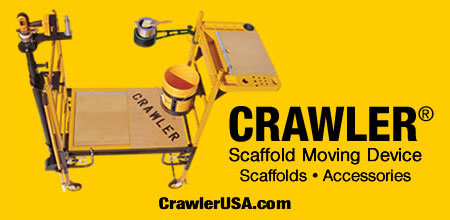
- Home
- Mailing List
- Specifications
- Terms
- Delivery
- Bag Products
- Bulk & Liquid Products
- Location
- Contact Us
✖
Rock Salt In The Midwest
Rock Salt In The Midwest
Effective use of a chemical deicer can facilitate your battle with ice and snow. Note that I said appropriate usage, since a huge issue with deicers is that they're used incorrectly. You wish to use the minimum quantity of product required to loosen the ice or snow and then remove it with a shovel or plow, not cover the surface with deicer and then await the salt to totally melt the ice or snow. Which product that you use depends upon your precise needs. Back in ye olden times regular salt or sodium chloride was the typical option for deicing roads and sidewalks. Now there are many deicer possibilities, so you may pick the best deicer for your circumstances. The Transportation Research Board provides a tool that will assist you compare 42 deicer options based on cost, environmental impact, temperature limitation for melting ice or snow, and the infrastructure required to use the item. CALCIUM CHLORIDE Calcium chloride operates at very low temperatures and is not as detrimental to the soil and plant as sodium chloride, even though it costs a little more and can damage concrete. Calcium chloride brings moisture; therefore it will not keep surfaces as dry as several different products. On the other hand, attracting moisture may be a fantastic quality because calcium chloride releases heat when it reacts with water, so it can melt ice and snow on contact. All deicers have to maintain solution (liquid) so as to begin working; calcium chloride can attract its own solvent. Magnesium chloride can do this also, even though it isn't used as commonly as a deicer. POTASSIUM CHLORIDE Potassium chloride does not operate at extremely low temperatures and might cost a bit more than sodium chloride, but it is relatively kind to concrete and plant. CORN-BASED PRODUCTS These products (e.g., Safe Walk) include chlorides and operate in very low temperatures, yet are assumed to be secure for pets and yards. They are costly. CMA OR CALCIUM MAGNESIUM ACETATE CMA is secure for plants and concrete, but it's just good down to the same temperature as sodium chloride. DEICER SUMMARY As you'd imagine, calcium chloride is a favorite low-temperature deicer. Potassium chloride is a favorite warmer-winter choice. Many deicers are mixtures of different salts, so that you get a few of the benefits and disadvantages of each compound.

Payment Options
Chick Enterprise inc. 2354 North Lindbergh Blvd. St. Louis, MO 63114
© 2009-2024 RockSaltUSA

